
https://youtu.be/hGx-Vf_r-Yg?si=102CbkKv8FHXHqiZ
Why Indonesia's Economy Matters and Its Unexpected Growth _ Indonesian Economy _ Econ
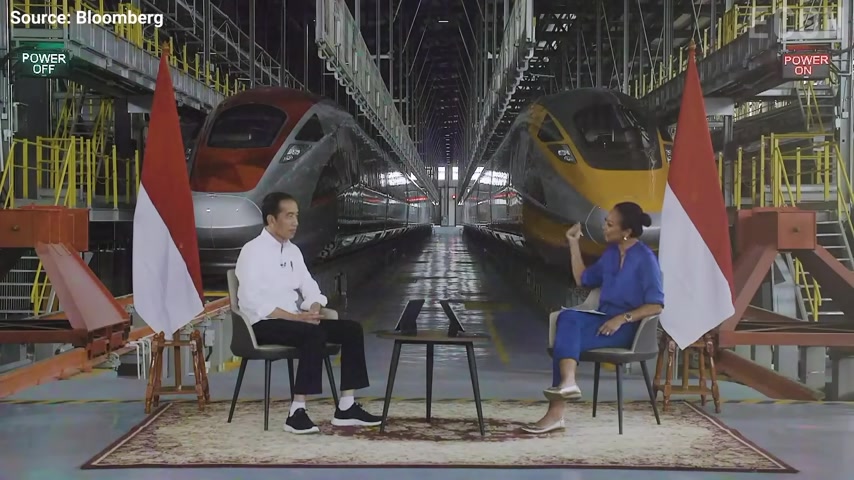
This video is sponsored by pork bn.com .
Creating a dot biodomain is short , simple and easy to remember .
For your audience , visit pork bun.com to showcase everything you do and reach your audience effortlessly by using the link in the description .
Here we are with Indonesia's own bullet trains top speed of 350 kilometres per hour , the first in Southeast Asia In recent decades , Indonesia has captivated global attention as a shining star in Southeast Asia , firmly establishing itself as a highly successful and rapidly industrialising economy , much like its predecessors the Asian Tigers , Hong Kong , Singapore , South Korea and Taiwan .
Although Indonesia's economy grew with impressive speed during the 19 eighties and 19 nineties , it experienced considerable trouble after the financial crisis of 1997 which led to significant political reforms .
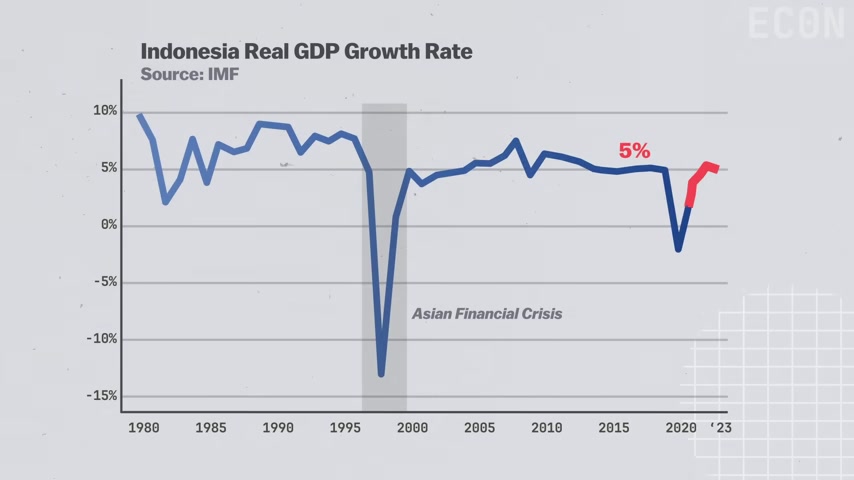
Today , Indonesia's economy continues to grow at an average rate of 5% positioning it as an upper middle income country and eagerly pursuing its ambition to attain high income status by 2045 .
While Indonesia is still a part of the developing world , it has a rich and versatile past in the economic as well as a cultural and political sense .
This resource rich archipelagic nation is the largest country in Southeast Asia , with 270 million people spread across thousands of islands that stretch from the Indian Ocean to the Pacific .
It is the world's largest Muslim majority state , its third biggest democracy and its fourth most populous country , with 52% of its population being young .
For many years , this mighty nation remained the world's largest invisible economy , shrouded in obscurity .
The last time it occur and politics grabbed .
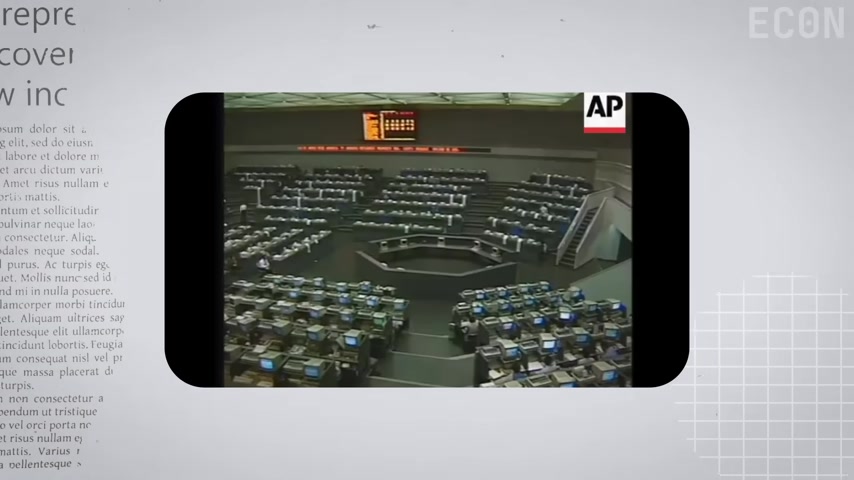
The world's attention was during the chaos of the 19 nineties , when a crony capitalist system crumbled amidst the Asian financial crisis marking the end of the 32 year long dictatorship of Suharto .
But now it is again in the spotlight with playing a strategic role between America and China .
Unlike India and other emerging markets , it is adapting to a new world order in which globalisation and western supremacy are in retreat beneath the hoods of cutting edge electric vehicles , EVs and on apps used by hundreds of millions of customers , Southeast Asia's largest economy is rapidly becoming even more visible .
Indonesia is the seventh largest emerging market by GDP at purchasing power parity , and it's projected to surpass Germany and Russia by 2024 its economy is transforming rapidly .


Indonesia has a young population and is quickly urbanising , fueling growth in incomes Between now and 2030 Indonesia is expected to see an influx of an estimated 90 million additional consumers with significant spending power .
A source of dynamism is digital services , which are helping to create a more integrated consumer market , with over 100 million people collectively spending $80 billion a year on everything from EPAs apps for on demand trucking .
This growth in Indonesia's consuming class is stronger than in any economy in the world , apart from China and India .
One reason the Indonesian economy is gaining attention is that it has more than 1/5 of the world's nickel , a vital ingredient in the batteries that power electric vehicles .
The only other country with similarly vast reserves is Australia .
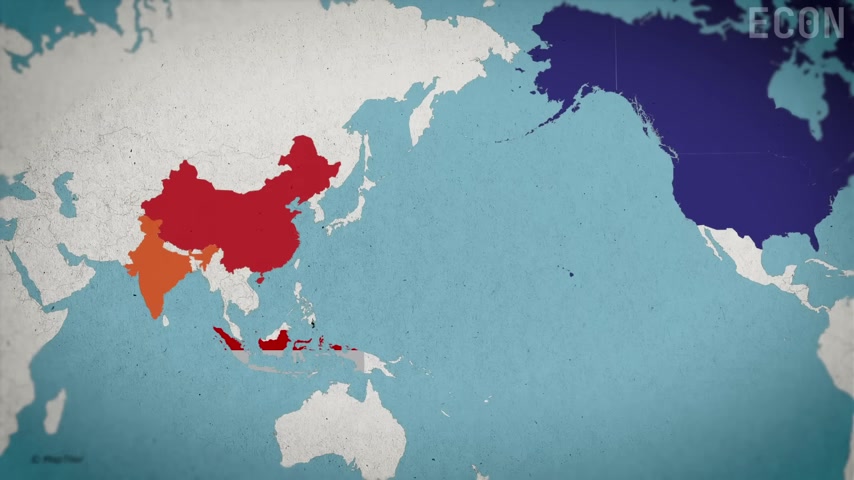
Additionally , Indonesia ranks as the world's third largest source of cobalt , another vital input as the west China and India increase subsidies to attract investment at home .
Indonesia sees an opportunity this abundance of essential resources for the global energy transition is expected to drive an economic revival and accelerate further growth .
But Indonesia's natural resources are not the only factor that might spur faster growth .
Jakarta , the capital , has become one of Southeast Asia's most successful incubators of new technology companies .
This , in turn , raises hopes that Indonesia's challenging geography it's a vast archipelago of thousands of islands can be overcome through digitization .
Indonesia's digital economy ranks first among other ASEAN countries .
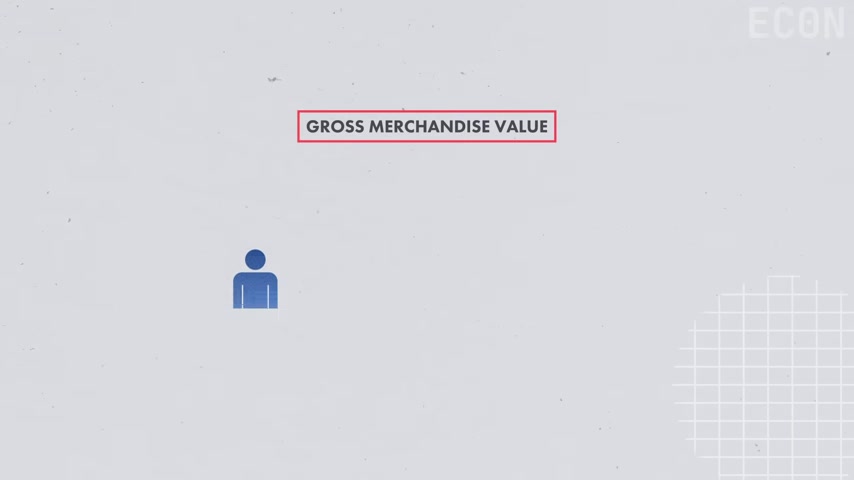
The gross merchandise value MV of the digital economy , which represents the value of goods sold through customer to customer or eCommerce platforms , has risen from $41 billion in 2019 to $77 billion in 2022 .
It is predicted to continue to rise to $130 billion in 2025 .
This rapid growth of Indonesia's digital economy , occurring during a pandemic , serves as a testament to the adaptability , hard work and resilience of the Indonesian people as a whole .
The sustained increase in the value of our digital economy relies on a few key factors .
Government led digitalization , the progress of micro small and medium enterprises , M , SME , S and a thriving start up ecosystem as many outsiders assume that Indonesia is a typical Asian manufacturing exporter driven by its growing workforce or a commodity exporter driven by its rich endowment of natural resources .

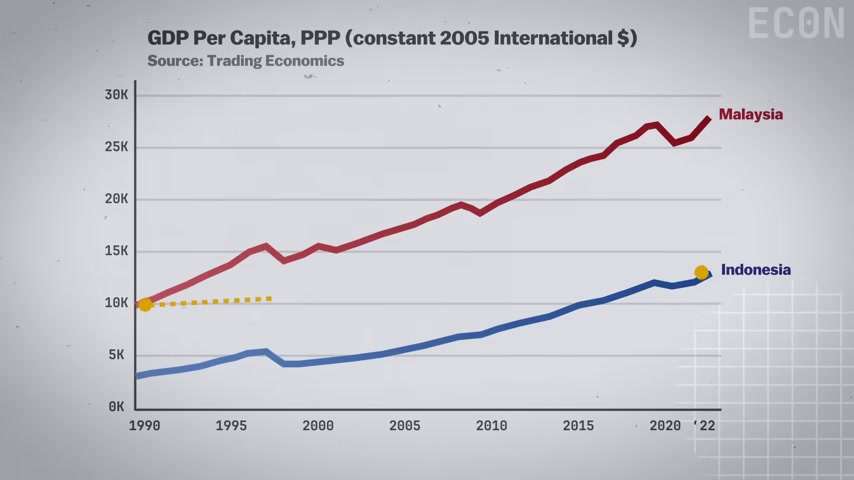
However , the reality is that it is domestic consumption rather than exports and services rather than manufacturing or resources which are propelling growth .
In 1990 when Malaysia had similar income levels to Indonesia today , Malaysia's exports as a proportion of its GDP were approximately twice as high as Indonesia's are now .
This means that Malaysia relied more on exports for its economic activity compared to Indonesia .
Surprisingly , the resource sector's contribution to the economy has actually declined since 2000 , despite booming resource prices .
Mining and oil and gas now account for only 9% of Indonesia's nominal GDP , which is less than advanced economies like Australia , 16% and Russia 15% .
Indonesia has become increasingly attractive to foreign investors , with the youngest population in the region where 26% of the people are under 15 .
It boasts a massive consumer market .

Furthermore , Indonesia has maintained a cautious approach in its diplomacy for a long time .
This makes it a good choice for both Chinese and Western investors , capitalising on its relative lack of global attention , its strategic location size and abundant resources position it as a critical player in the rivalry between superpowers .
Indonesia has a tradition of not taking sides in global conflicts that goes back to the 19 fifties .
It wants to stay neutral and is looking to attract investments from both China and the United States .
This stance has transformed Indonesia into an arena where Chinese and American digital companies investors engage in direct competition .
For instance , in the field of batteries , CATL , a major Chinese company , is investing $6 billion in a project .
At the same time , President Jokowi is also trying to attract Tesla to invest in Indonesia .
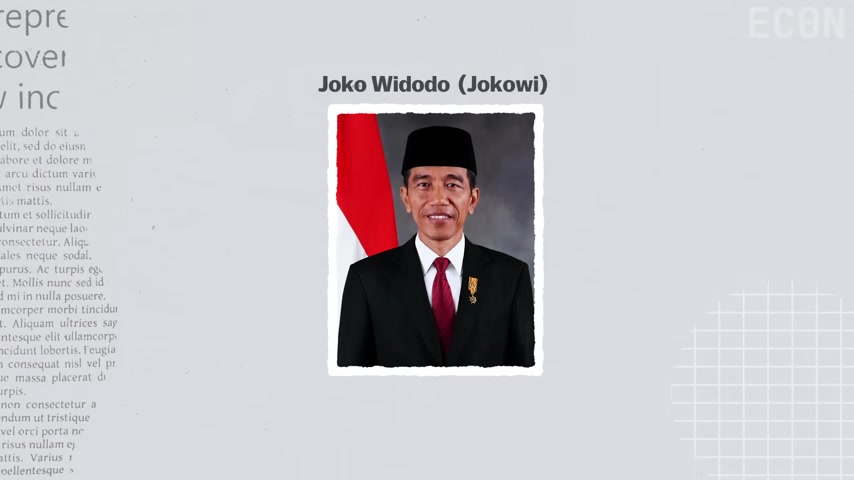
Since president Joko Widodo , or Jokowi , was elected in 2014 , he has made substantial investments in infrastructure .
The government has built 16 new airports , 18 new ports , 2100 kilometres of toll roads and 36 out of 61 dams have been completed .
This made Indonesia more competitive in the global economy .
According to the I MD Competitiveness Index , Indonesia's ranking has climbed from 44 to 34 making a 10 point increase , the highest in the world .
Competitiveness isn't solely influenced by GDP and productivity .
It hinges on efficient infrastructure , strong institutions and policies that promote sustainable value creation .
In 2014 , just before Jokowi's first term in office , Indonesia banned the export of unrefined ore .
It allowed Indonesia to process raw materials domestically .

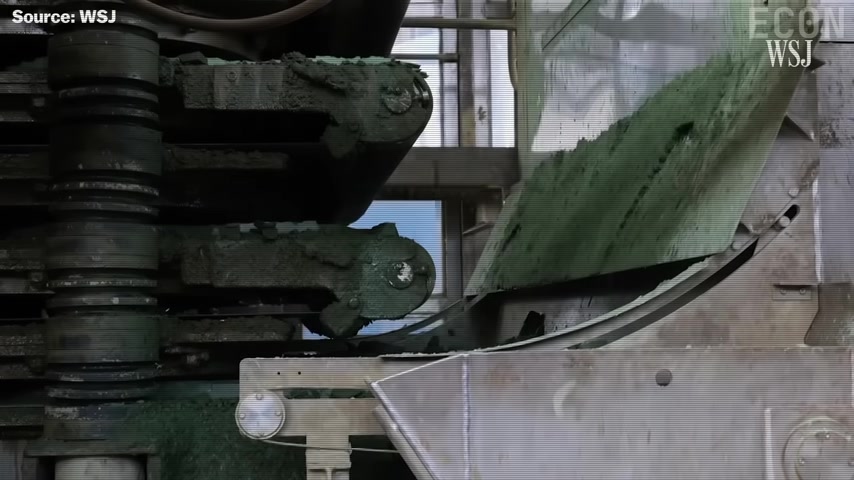
It helps to surge foreign investment , especially in metals processing , and force foreign investors to invest in Indonesia .
It has provided the most obvious boost to growth in recent years .
The investment extends beyond metals processing to manufacturing on the island of Java , home to half the population .
A South Korean battery firm , LG Energy Solution , and Hyundai , a car maker , began building Indonesia's first EV battery cell plant late last year .
The government wants Tesla to follow and has offered the company land for a big factory in Central Java .
This raises questions about Indonesia's economic growth as it is largely centred around Jakarta .
The GDP per capita in Indonesia's capital has reached approximately $19,000 per person .
However , in Central Java , which is relatively close to Jakarta about 230 kilometres away , the GDP per capita is significantly lower , standing at less than $3000 per person .
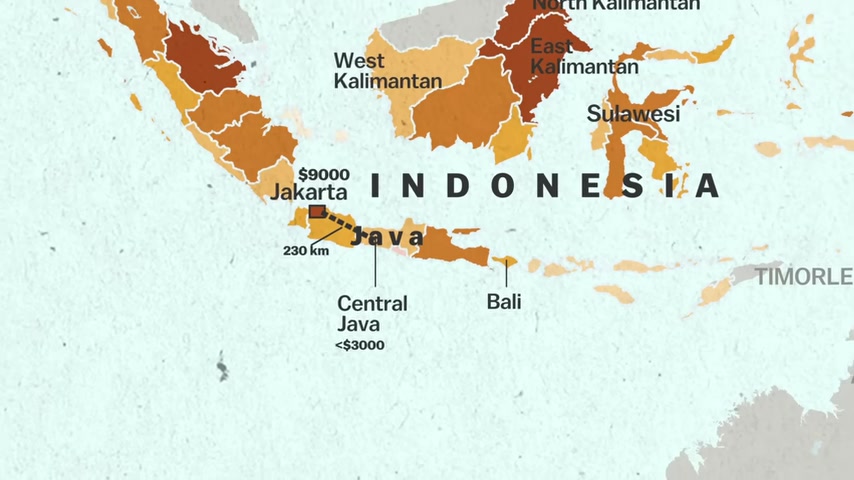
Moreover , in more distant and remote islands of Indonesia , the economic conditions are even worse with lower income levels than in Jakarta or Central Java .
However , the digital revolution is helping to reduce economic inequality in Indonesia .
It's making things better by reducing rules and giving investment rewards .
The E-commerce explosion is letting people from many different places take part in the digital economy .
You can buy nearly anything through Indonesian e-commerce .
Now .
The fastest growing cities are the middle sized ones , with more than 2 million people except Jakarta .
These cities , like Medan , Bandung and Surabaya , have had an average yearly growth of 7.5% over the last five years .
Jakarta's growth was a bit lower at 6.3% but Jokowi has bigger ambitions .
Indonesia's economic output has grown by a respectable 5% a year since the Asian financial crisis , well above the global average of 3.6% .
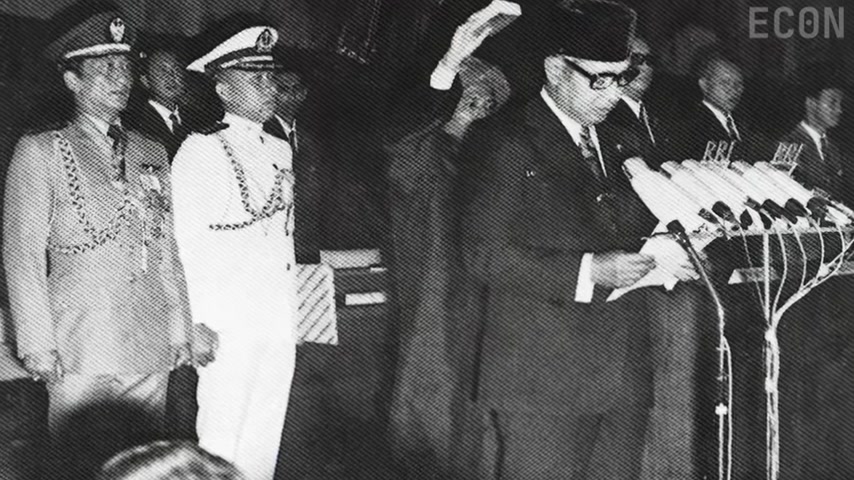
But its expansion has been overshadowed by faster growing economies .
China's GDP grew by an average of 8.7% a year , India by 7% and Vietnam's by 6.3% .
The president first won election on a pledge to raise the growth rate to 7% .
That will not happen , so why is Indonesia stuck with a 5% growth rate during Suharto the two decades before the Asian financial crisis .
In 1997 to 98 Indonesia's average annual economic growth rate was slightly higher than 7% .
However , it was lower after the crisis , mostly due to the inability of Indonesia's manufacturing sector to grow as fast as it did before the crisis .
During Susilo Bambang Yo yo's SBY presidency from 2004 to 2014 , Indonesia managed to recover from the crisis , primarily benefiting from the mining boom and favourable monetary policies of several developed countries , particularly the US .

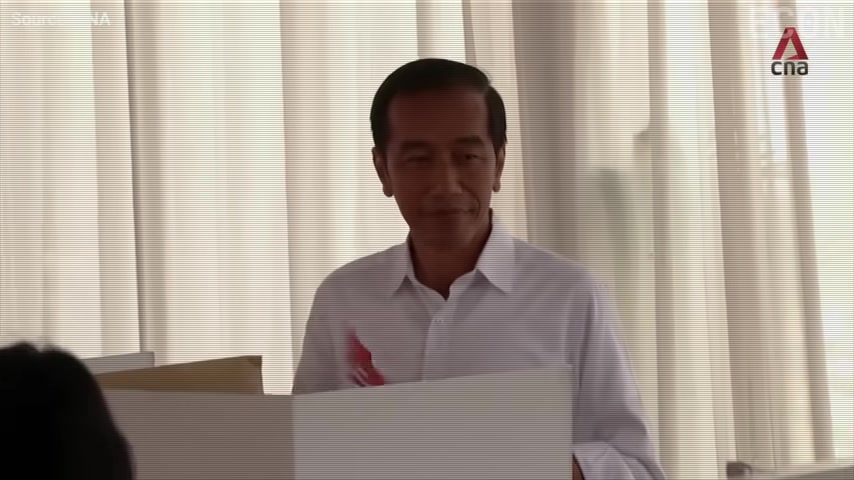
Nonetheless , growth didn't reach 7% hovering just above 5.5% annually .
In 2014 .
Joko Widodo Jokowi succeeded SBY as the president of Indonesia .
His ambition is to bring Indonesia's economic growth back to at least the pre crisis level of above 7% annually .
By the end of his presidency , Jokowi and his cabinet implemented various policies to boost the Indonesian economy .
They reduced the country's fuel subsidy to increase government spending on infrastructure , aiming to remove the significant bottleneck hindering Indonesia's economic growth .
Furthermore , his government aimed to enhance national economic competitiveness promote exports and attract more investments .
While these efforts show that Jokowi and his economic team addressed several challenges in the Indonesian economy , they fell short of achieving the 7% growth target .
The main problems with the current growth is diminishing return on investment .
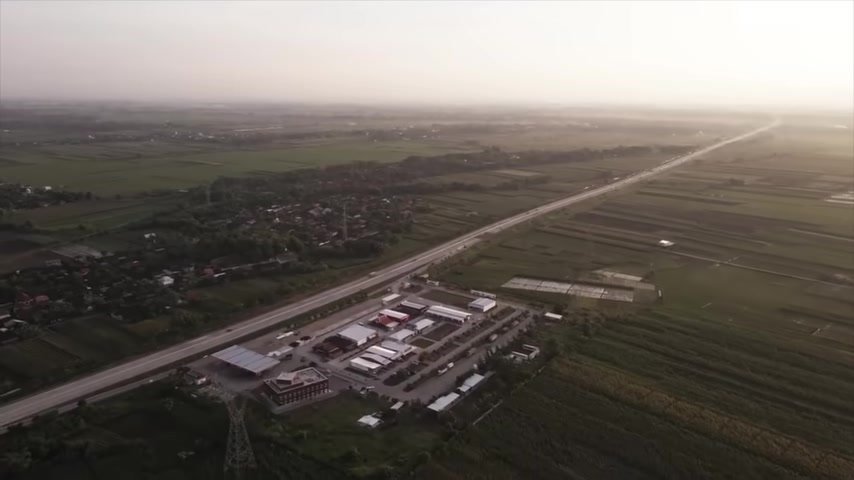
A significant portion of Indonesia's existing infrastructure is of poor quality , and the country lacks essential components such as roads , ports , airports and power generation .
Resources building and maintaining infrastructure are also particularly challenging due to Indonesia's geography and the frequent occurrence of natural disasters like floods , earthquakes , volcanic eruptions and tsunamis .
As a result , transportation and energy costs are high , which discourages foreign investment in the country .
Foreign direct investment FD I makes up a relatively small portion of the total investment , averaging 2% of GDP over the past decade .
This figure is lower than that of most Asian peers such as Vietnam , with 6.6% of GDP , Malaysia with 3.5% and Thailand with 2.5% .
Since FD , I typically results in significant productivity improvements and positive impacts on other parts of the economy .
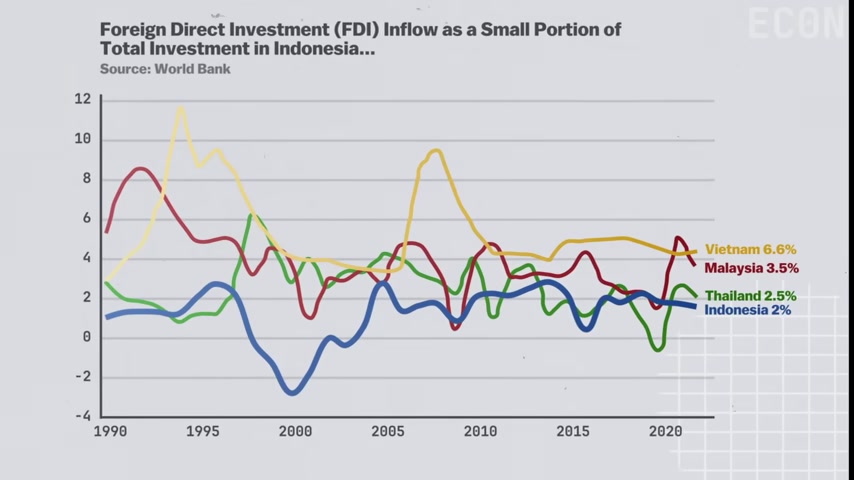
This diminishes the overall efficiency of investment .
Another issue is the declining manufacturing sector , Indonesia witnessed growth driven by manufacturing from the mid 19 eighties to mid 19 nineties .
However , since then it has been on the decline .
The lack of substantial productivity improvement has been a major factor contributing to the sector's overall performance decline .
Studies have also identified other significant causes , including an infrastructure deficit , labour market issues , an uncertain business climate and a wavering stance on economic reform policies .
Among these problems , the productivity output per hour worked by Indonesian people is still low compared to neighbouring countries such as China , Malaysia and Thailand and higher than that of India and Vietnam .
Unfortunately , one of the reasons for low productivity is that the government spends less on development on capital , education , health and social assistance .

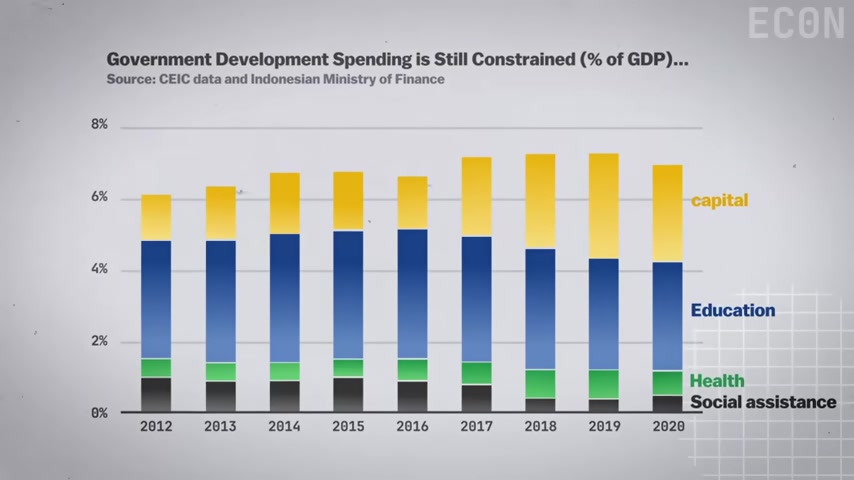
It remains low and has even fallen slightly relative to GDP since 2015 as weak revenue collection has forced the government to contain overall expenditure .
Whereas the average emerging economy in Asia invests more than 14% of its GDP on development , Indonesia still only invests about half that amount .
Corruption in Indonesia has remained a persistent issue , impacting the government's capacity to operate efficiently and provide public services .
It can discourage foreign investments and raise the cost of conducting business .
According to the Corruption Perceptions Index , Indonesia ranks considerably higher than China , India , Thailand , Malaysia and Vietnam .
However , Jokowi's pro growth agenda aims to significantly enhance Indonesia's challenging business environment .
Substantial progress has been made as indicated by the notable improvement in Indonesia's ease of doing business .

Ranking Indonesia may still attract scant attention internationally , but the outlines of a more visible economy are increasingly clear .
With its substantial nickel deposits , Indonesia is poised to play a prominent role in the thriving electric vehicle industry , which is still in the early stages of a decades long expansion .
If it succeeds , Indonesia will improve the lives of a quarter of a billion people and spur on a growth starved world .
It could even alter the global balance of power .
Are you an influencer online creator , blogger , brand or entrepreneur looking to make your mark in the digital world ?
Meet the dot biodomain from pork bun .
Tired of those long , complicated website links that no one can remember , a dot biodomain is short , simple and easy to remember .
Your audience will instantly know what to expect when they click it , managing all your links in one spot has never been easier .
Showcase everything you do and reach your audience effortlessly .
It's not just about having a link .

It's about making a statement .
A dot biodomain is a professional and effective way to guide your audience to your content or work .
But that's not all .
With every dot biodomain from Pork Bon , you'll enjoy free Who is privacy SSL Certificates , Web and email , hosting trials and more .
Why pay for things that should be free ?
Your dot bio domain is the key to a short , memorable and professional online identity .
Best part .
Grab your dot bio domain for under $3 at pork burn right now .
Simply click the link below and use code .
Bio Econ To secure your dot bio domain at this incredible price , don't miss out .
Scan the QR code on the screen and get your dot bio for less than $3 today

Are you looking for a way to reach a wider audience and get more views on your videos?
Our innovative video to text transcribing service can help you do just that.
We provide accurate transcriptions of your videos along with visual content that will help you attract new viewers and keep them engaged. Plus, our data analytics and ad campaign tools can help you monetize your content and maximize your revenue.
Let's partner up and take your video content to the next level!
Contact us today to learn more.